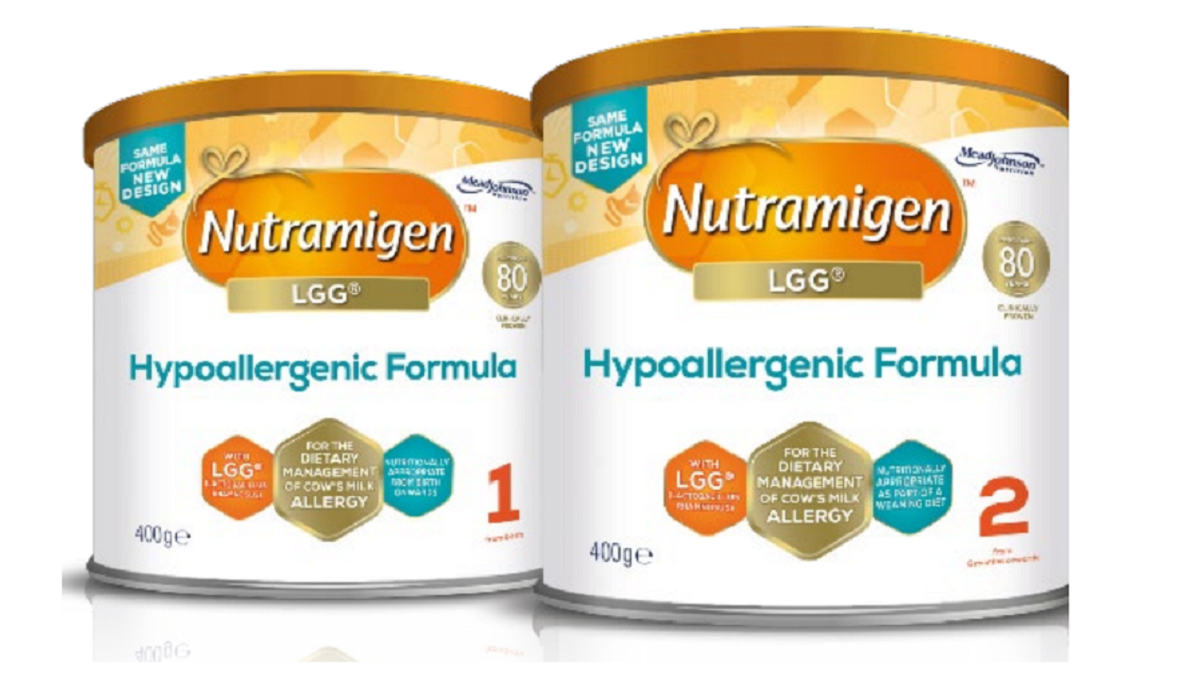
Reckitt has expanded an infant formula recall to include the United Kingdom and Ireland.
Reckitt/Mead Johnson Nutrition recalled some batches of Nutramigen LGG Stage 1 and 2 Hypoallergenic formula powders due to the possible presence of Cronobacter sakazakii.
The affected stage 1 formula 400-gram has batch code ZL3F7D and best before July 1, 2025. Stage 2 formula 400-gram with the same date but batch codes ZL3FAA and ZL3FDM are also involved.
Both products are for special medical purposes for infants. They are mainly prescribed but are also available without a prescription. The Food Safety Authority of Ireland (FSAI) said the majority of products had been sold by pharmacies.
There have been no reported illnesses associated with the formulas.
Previously, Mead Johnson Nutrition (Canada) Co recalled certain Enfamil brand Nutramigen A+ LGG Hypoallergenic infant formula.
Reckitt/Mead Johnson Nutrition also recalled selected batches of Enfamil brand Nutramigen powder in the United States.
Reckitt said the recall was a precaution due to an isolated overseas sample of the product testing positive for Cronobacter sakazakii, adding it was conducting an investigation.
Action was taken due to a possibility of cross contamination with Cronobacter. All distributed product went through testing by Reckitt/Mead Johnson Nutrition and was negative for the bacteria.
Spain has posted a notice on the Rapid Alert System for Food and Feed (RASFF) reporting suspected Cronobacter sakazakii contamination in a special medical purpose food manufactured in the U.S.
About Cronobacter
Food contaminated with Cronobacter may not look or smell spoiled but can still cause serious illness. In some cases it can cause fatal infections. Cronobacter can cause rare bloodstream and central nervous system infections and has been associated with severe intestinal infection (necrotizing enterocolitis) and blood poisoning (sepsis), especially in newborns. Severe cases often lead to death.
(To sign up for a free subscription to Food Safety News, click here.)